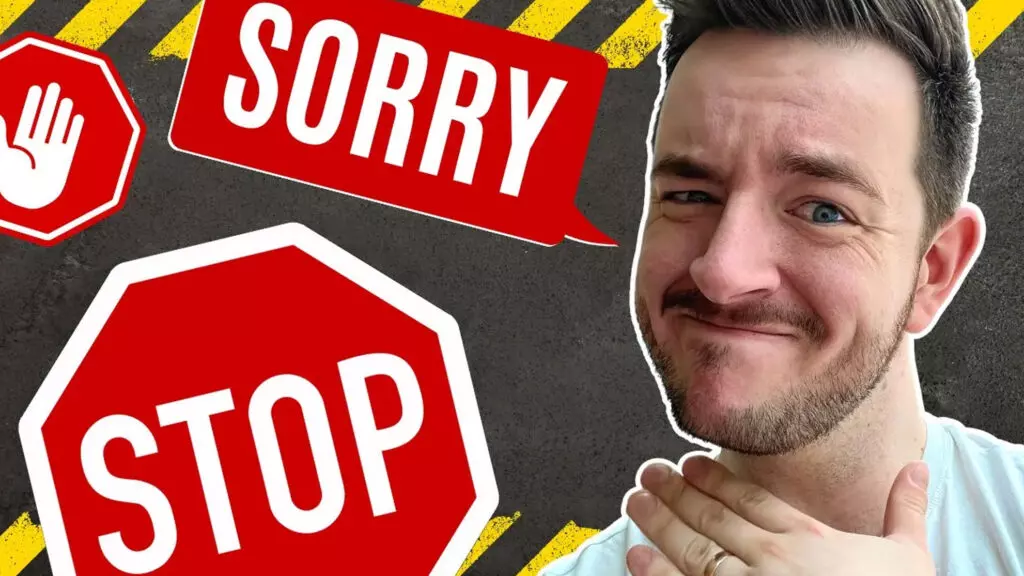Tactical Apologies: How to Use “Sorry” in Sales Without Weakening Your Pitch

Apologizing during sales calls is more common than it should be. Reps say things like “Sorry about that,” “My bad,” or “Forgive me” as a way to keep things friendly or take ownership. But while the intention is often positive, the impact can be the opposite. Over-apologizing can lower your credibility and shift the dynamic away from confidence and control.
The Problem with Constant Apologies
Many reps use apologies to diffuse tension or build trust. Others say sorry when they feel they’ve pushed too hard or missed a beat. But most of the time, there’s no need to apologize. You’re not doing anything wrong by asking tough questions, holding your ground, or challenging the status quo.
Apologizing out of habit or insecurity creates a subtle impression that you’re unsure or at fault. And when you’re trying to lead a deal, that’s the last thing you want.
Enter Tactical Apologizing
There’s one situation where apologizing can actually help you—when it’s done intentionally. This is called tactical apologizing.
A tactical apology isn’t about taking blame. It’s about softening a bold question or suggestion so it doesn’t trigger defensiveness. It lets you challenge a prospect without sounding aggressive or presumptive.
Here are two examples:
“Forgive me if I’m overstepping, but have you considered…”
“I apologize if this sounds crazy, but have you thought about…”
These phrases gently frame a shift in the conversation. They help you raise important points while still respecting the prospect’s perspective. When used correctly, tactical apologies can actually increase your close rate by over 5%.
When and How to Use It
Tactical apologies work best when you’re introducing something unexpected, challenging a current process, or surfacing an uncomfortable truth. They show that you’re thoughtful, not just pushing an agenda.
But outside of those moments, keep the “sorry” in your pocket. Don’t apologize for asking questions. Don’t apologize for following up. And definitely don’t apologize for doing your job.
Confidence creates trust. Over-apologizing erodes it.
Use Data to Improve Communication
Understanding how often you use apologetic language—and whether it’s helping or hurting—can be hard to track manually. Tools like Ting AI can analyze your calls and surface language patterns, including overuse of phrases like “sorry” or “I just wanted to.” These insights help sales teams fine-tune how they communicate and what really resonates in conversations that convert.
Final Thought: Be Strategic, Not Sorry
The best salespeople don’t say “sorry” unless there’s a reason. They know when to own a moment and when to move with quiet confidence. Tactical apologizing is a tool, not a crutch. Use it when it strengthens your message—then move forward with clarity and conviction.
Because in sales, the way you say something can be just as powerful as what you say.